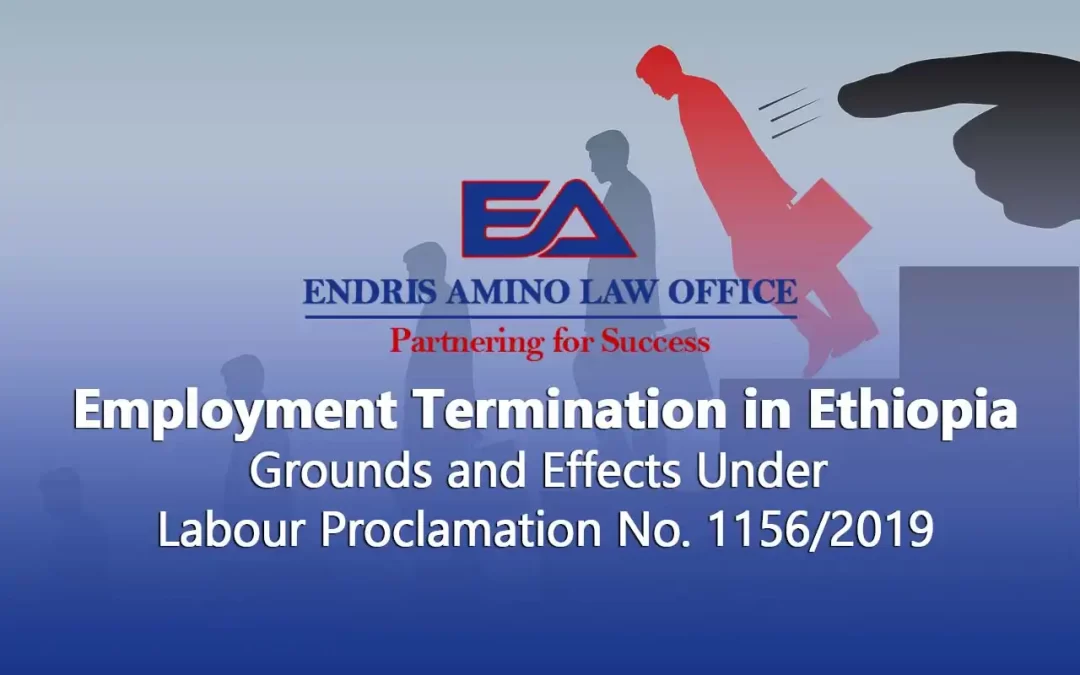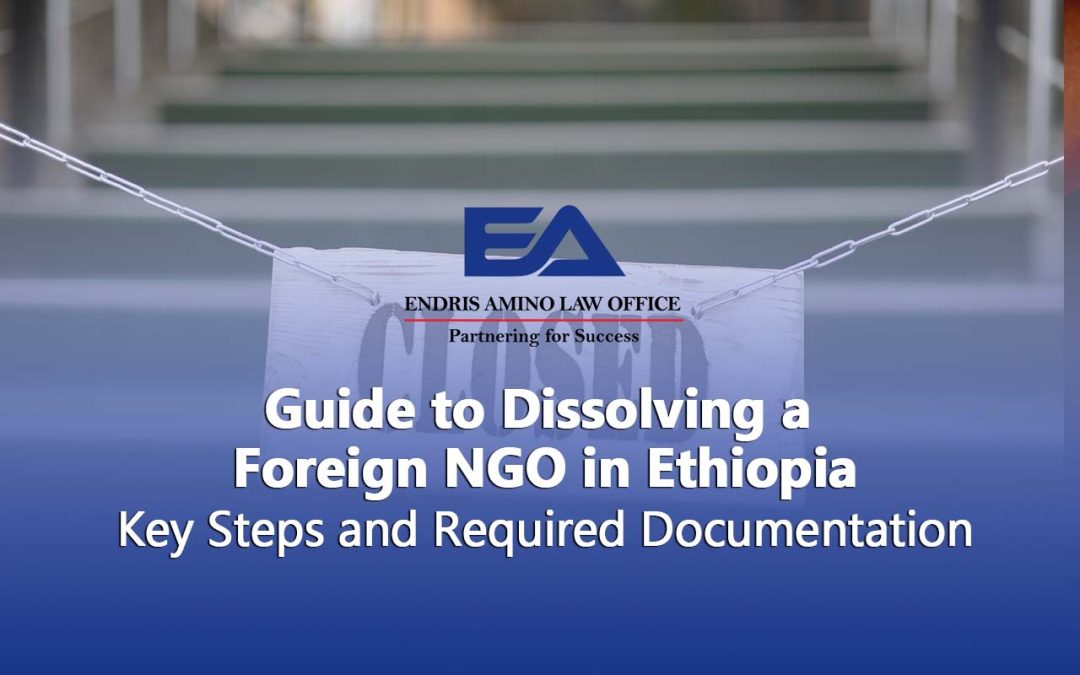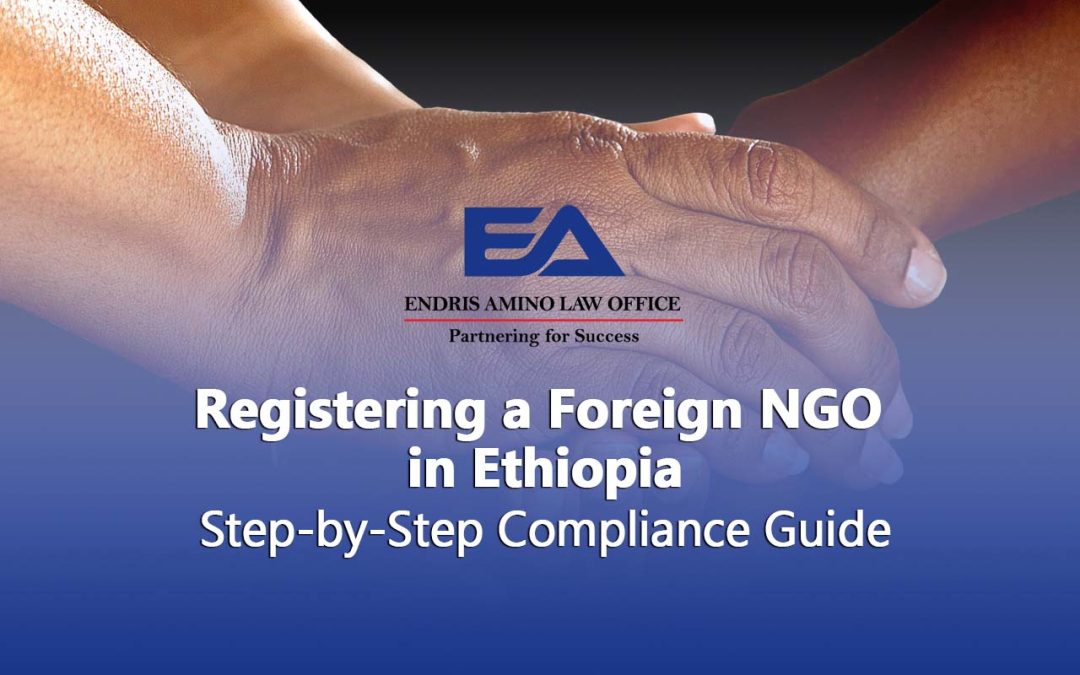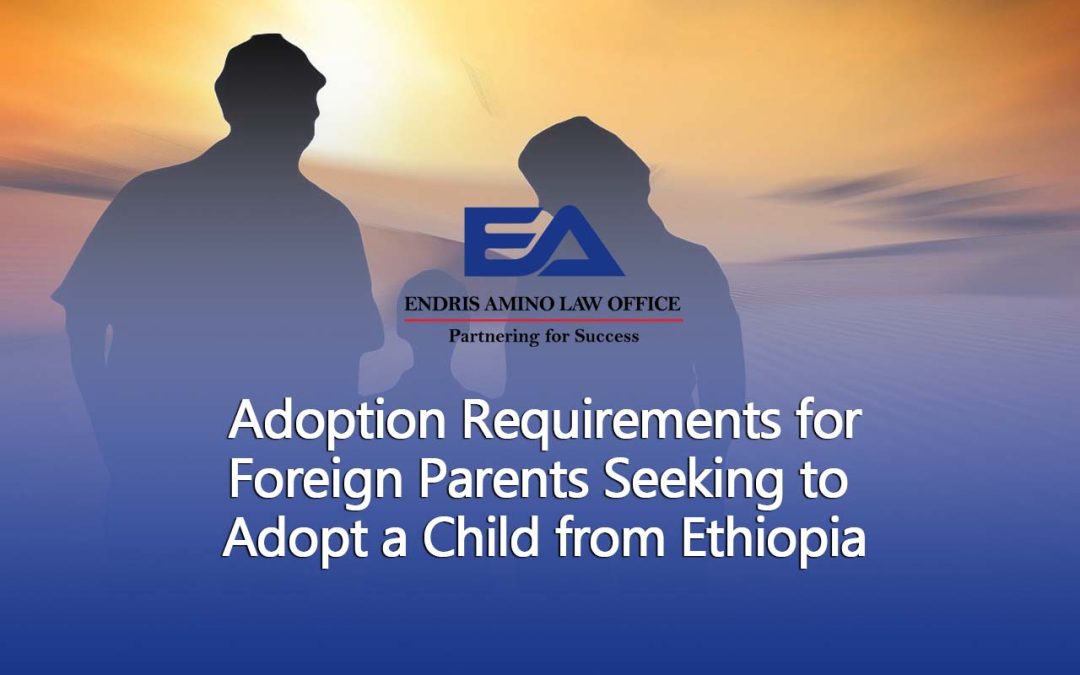Employment Contracts in Ethiopia: A Guide Under Labour Proclamation No. 1156/2019
The Labour Proclamation No. 1156/2019 in Ethiopia provides clear guidelines on employment contracts, outlining the key types of contracts employers can use to ensure compliance with labor laws while protecting employee rights. Below is an overview of the primary employment contract types and their terms.
1. Permanent Employment Contracts
A permanent employment contract is intended for ongoing roles with no predetermined end date. Under Ethiopian labor law:
- Employees on permanent contracts receive full employment benefits, including paid leave, severance pay, and required notice for termination.
- This type of contract is ideal for long-term roles, providing job security and entitlement to the full scope of employee rights.
2. Fixed-Term Employment Contracts
Fixed-term employment contracts apply to roles with specific start and end dates, suitable for project-based or seasonal positions. According to Ethiopian labor law:
- Fixed-term contracts should clearly define the duration and may only be renewed within the project’s requirements.
- If a fixed-term contract is continuously renewed without justified grounds, it may be deemed an indefinite employment contract, requiring the employer to offer permanent benefits.
3. Temporary Employment Contracts
Temporary employment contracts are ideal for short-term staffing needs, such as seasonal work or temporary replacements. Ethiopian labor law provides flexibility for temporary contracts but emphasizes that:
- Temporary employees are still entitled to certain labor protections and rights.
- Employers and employees should clearly define the role’s term to avoid ambiguity.
4. Part-Time Employment Contracts
Part-time employment contracts are suitable for roles that require fewer hours than a standard full-time position. Under Ethiopian law:
- Part-time employees are entitled to benefits proportional to their work hours, promoting a balance of rights and flexibility.
- This arrangement is often preferred by employees with multiple roles or other commitments.
5. Probationary Employment Contracts
Probationary employment contracts are trial contracts that allow employers to assess an employee’s suitability for a permanent role. Under Labour Proclamation No. 1156/2019:
- The probationary period may not exceed 60 consecutive days.
- During probation, either party may terminate the contract without severance or extended notice.
- Successful completion of probation typically results in the employee’s transition to a permanent role with full entitlements.
Why Understanding Ethiopian Employment Contracts Matters
For both employers and employees, understanding the types of employment contracts in Ethiopia is essential for ensuring compliance with Ethiopian labor law and maintaining fair workplace practices. Well-defined contracts foster a legally compliant, positive work environment.
For personalized guidance on employment contracts, Ethiopian labor law, or employee rights, contact us. Our legal team offers tailored advice to meet your specific needs.
Key Takeaways for Employment Contracts in Ethiopia
- Permanent Employment: Ongoing, full benefits, no end date.
- Fixed-Term Employment: Project-based, set end date, renewable within limits.
- Temporary Employment: Short-term staffing needs.
- Part-Time Employment: Reduced hours, proportional benefits.
- Probationary Employment: Trial period, not exceeding 60 days.
Note: This blog provides general information on Ethiopian employment law and should not be considered a substitute for our professional advice, which is tailored to specific circumstances.





